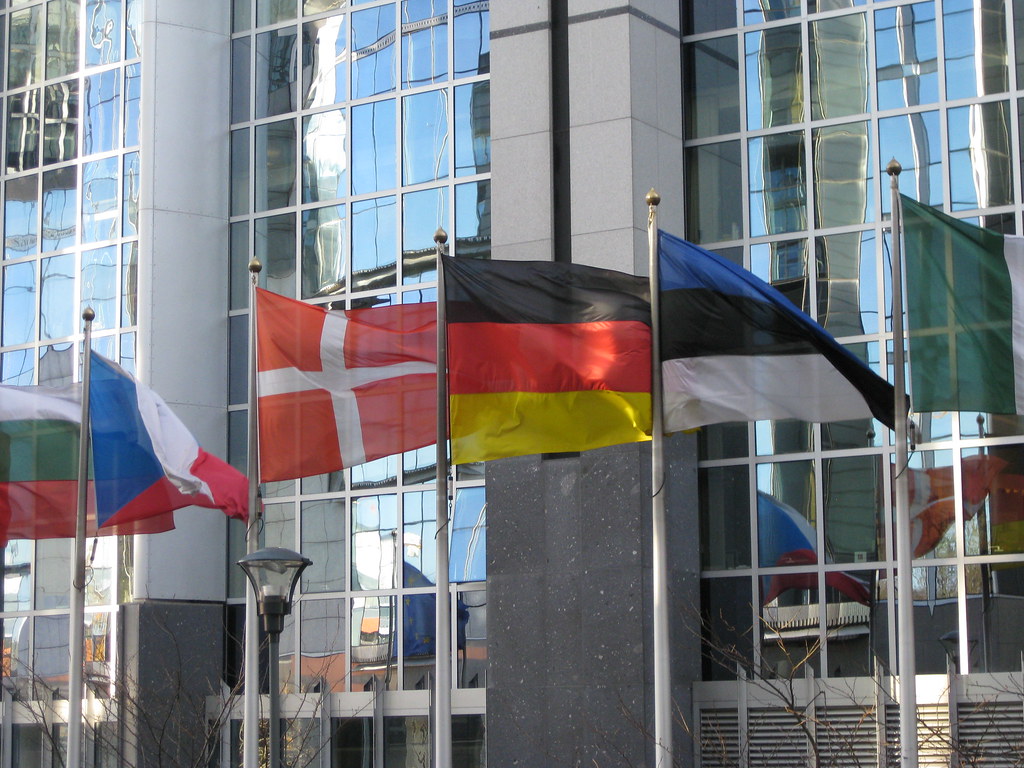 President Nicolas Sarkozy had some kind words to say about the Swiss the other day, in the wake of the surprising referendum banning the future construction of minarets in the Confederation. The French intellectual class, in the main, however, jumped all over him.
President Nicolas Sarkozy had some kind words to say about the Swiss the other day, in the wake of the surprising referendum banning the future construction of minarets in the Confederation. The French intellectual class, in the main, however, jumped all over him.
There are indeed some kind things to say about the Swiss. They are an example of an inter-cultural modus vivendi. Of the Confederation’s total population of 7.7 million, 72.5 percent are German speakers, 20.4 percent are French speakers, 6.5 percent speak Italian, and 0.5 percent are speakers of Romansh (an obscure Romance language). All four are recognized as national languages.
The Swiss gladly accept husbanding others’ money. They also husband their immaculate and picturesque farmlands. Their cities are clean, well ordered, and well policed. They also don’t like outside interference. They have a sturdy, almost totally conscript army to back this up. In the late Middle Ages, Swiss soldiers were considered among the best warriors in Europe. Perhaps this might have something to with the fact that Switzerland has not been in a state of war since 1815. Recently, the Swiss image has become tarnished, as the country’s position as a tax shelter for the super-rich has been criticized during the recent recession, and as the emergence of a far-right party has exposed a streak of intolerance in Swiss public opinion.
 But back to the minarets, of which there are four currently in Switzerland, where the Muslim population is 400,000. By a strong majority (57.5 percent) in a November 29 referendum, the Swiss said there shall be no more.
But back to the minarets, of which there are four currently in Switzerland, where the Muslim population is 400,000. By a strong majority (57.5 percent) in a November 29 referendum, the Swiss said there shall be no more.
What exactly did President Sarkozy say that caused such a typically French intellectual dither? First, that a referendum (“yes or no”) was not a good medium for such a complex subject. (The recourse to the referendum, however, is constitutionally mandated in the Swiss Confederation). Second, that rather than rail against the Swiss, one should look deeper into the motivation behind the rejection vote. Third, and most saliently, Sarkozy noted that while no one is seeking to discourage the free practice of religion, Muslims should be aware of Europe’s Christian heritage and France’s Republican traditions and therefore should not be overly provocative, choosing rather to practice their faith with “humble discretion.”




 Russia has the second-largest known reserves of natural gas in the world; Turkmenistan is thought to have the third-largest reserves, and other Central Asian states have significant stocks of their own. Europe would like to tap into these gas fields with pipelines that avoid Russian territory. Moscow, meanwhile, is eager to lock these Central Asian supplies into new pipeline networks that they would build and operate, knowing that control over a big chunk of Europe’s energy supplies provides a huge amount of political leverage.
Russia has the second-largest known reserves of natural gas in the world; Turkmenistan is thought to have the third-largest reserves, and other Central Asian states have significant stocks of their own. Europe would like to tap into these gas fields with pipelines that avoid Russian territory. Moscow, meanwhile, is eager to lock these Central Asian supplies into new pipeline networks that they would build and operate, knowing that control over a big chunk of Europe’s energy supplies provides a huge amount of political leverage.